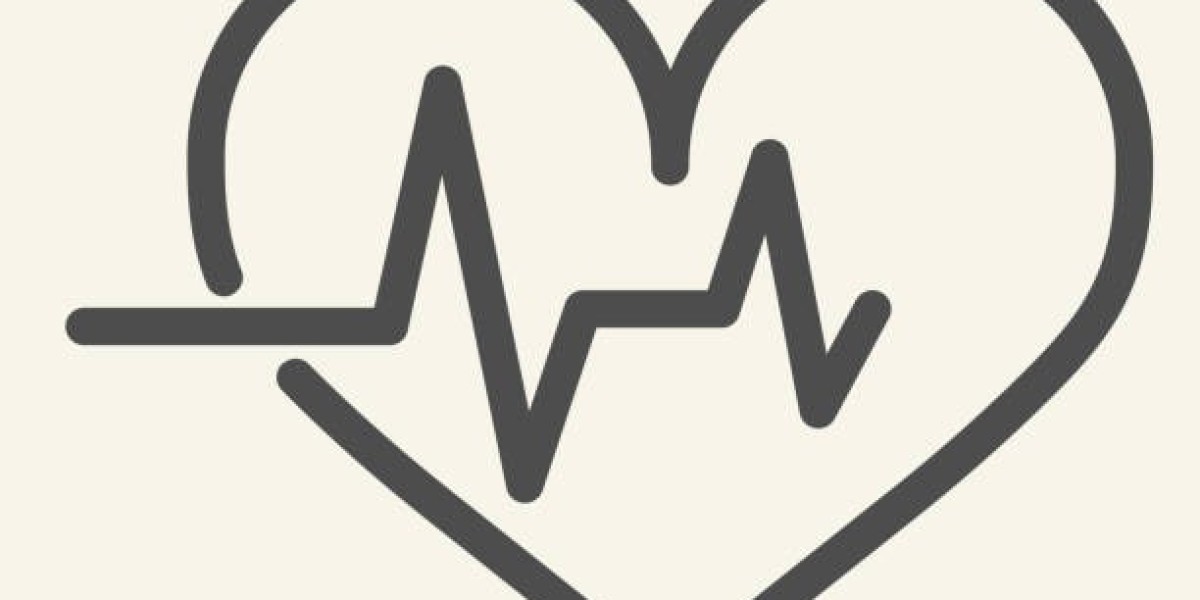Insomnia is one of the most common sleep disturbances in modern life, with millions of people relying on prescription sleep aids to get much-needed rest. One of the most widely prescribed medications for sleep issues is Ambien, also known by its generic name zolpidem. While effective for short-term use, Ambien is not without side effects and risks. As a result, many people are exploring natural solutions to achieve restful sleep without depending on pharmaceutical drugs. This article delves into natural alternatives to Ambien, why people are switching, and how to improve sleep quality safely and effectively.
The Growing Need for Sleep Support
Stress, screen exposure, poor sleep hygiene, and underlying health conditions have all contributed to the rise of insomnia and related disorders. While medications like Ambien can help in the short term, over time they can lead to tolerance, dependence, and even withdrawal symptoms. For many people, the desire for safer, holistic sleep support has led to a growing interest in herbal remedies, supplements, behavioral techniques, and lifestyle changes that can support the body’s natural sleep cycles.
Exploring Ambien-alternatives in Nature
Nature offers a wealth of remedies that can help the body wind down and fall asleep more easily. These sleep-aid substitutes often come without the severe side effects or dependency risks associated with prescription hypnotics. Let’s explore some of the most promising ones:
1. Melatonin
Melatonin is a hormone naturally produced by the pineal gland that helps regulate the sleep-wake cycle. Supplementing with melatonin can be especially helpful for those with jet lag or disrupted circadian rhythms. While not as immediately potent as Ambien, melatonin promotes a more gradual return to natural sleep patterns.
2. Valerian Root
Used for centuries in traditional medicine, valerian root is one of the most well-researched herbal remedies for sleep. It may increase the level of GABA in the brain, a calming neurotransmitter, similar to how zolpidem works, but more gently.
3. Chamomile
Often enjoyed as a tea before bed, chamomile contains apigenin, a compound that binds to benzodiazepine receptors in the brain to produce a calming effect. It's mild but effective for occasional sleeplessness.
4. L-Theanine
Found in green tea, L-theanine is an amino acid that can promote relaxation without sedation. It helps ease anxiety and stress, which are common causes of insomnia.
Immediate-Release vs. Sustained Action: Ambien-CR vs Regular
Many users of zolpidem are familiar with its two primary forms: standard (immediate-release) Ambien and controlled-release or CR. Extended-release vs. short-acting Ambien is a common comparison for those navigating prescription options. The standard version helps with falling asleep, while Ambien CR is designed to maintain sleep throughout the night with a dual-layer system—one part works quickly, while the other releases gradually.When considering natural options, it's helpful to think about what kind of sleep issues you're trying to solve. For example, if you have trouble staying asleep (not just falling asleep), some herbal formulas come in extended-release capsules or are combined with slow-absorbing nutrients like magnesium glycinate or ashwagandha. These mimic the lasting effect of prolonged-action sleep solutions but use natural compounds instead of synthetic drugs.
Behavioral Therapies as Sleep Remedies
In addition to herbal and nutritional approaches, cognitive and behavioral therapies have emerged as effective and sustainable solutions for insomnia. One of the most researched methods is Cognitive Behavioral Therapy for Insomnia (CBT-I), which focuses on identifying and changing thoughts and behaviors that interfere with sleep.
Some core components of CBT-I include:
Sleep restriction therapy – Limiting time in bed to strengthen sleep drive.
Stimulus control – Reconditioning the mind to associate the bed with sleep only.
Relaxation training – Techniques such as deep breathing, meditation, and progressive muscle relaxation.
Unlike pharmaceutical drugs, behavioral therapies target the root causes of insomnia and have long-lasting results, often eliminating the need for medications entirely.
Understanding Ambien-dosage-guide and Why It Matters
While this article focuses on natural alternatives, understanding conventional dosage helps explain why many people look for substitutes. The Ambien dose reference chart provided by healthcare professionals typically starts with the lowest effective dose—5 mg for women and 5–10 mg for men. The controlled-release (CR) version often begins at 6.25 mg, going up to 12.5 mg if needed.Why is this important? Because the medication can impair alertness the following day, especially in women, the elderly, or those with liver impairment. Even at low doses, Ambien may cause sleepwalking, memory loss, or next-day drowsiness. For many individuals, these risks outweigh the benefits, especially when natural methods can offer relief without side effects.By understanding the prescribed zolpidem intake levels, users are better able to compare conventional treatments to non-drug options and make informed decisions about their sleep health.
Diet and Lifestyle: The Forgotten Sleep Medicine
Many people underestimate the role of daily habits in sleep health. Small changes in diet, exercise, and environment can produce massive improvements in sleep quality over time.
Key strategies include:
Limiting caffeine and alcohol, especially in the evening
Creating a consistent bedtime routine
Reducing screen exposure before bed
Increasing physical activity during the day
Avoiding large meals late at night
When combined with herbal or behavioral therapies, these simple changes can provide a powerful and sustainable improvement in sleep quality.
When to See a Professional
Though natural approaches are generally safe, chronic insomnia can sometimes signal underlying medical or psychiatric conditions that need professional attention. If sleep problems persist despite trying natural sleep-promoting techniques, it’s important to consult a sleep specialist or healthcare provider.They may suggest sleep studies or further evaluation, especially if symptoms like snoring, frequent awakenings, or severe anxiety are present. A good practitioner can also help create a personalized sleep plan, combining safe, evidence-based remedies tailored to your needs.
Final Thoughts
Getting a good night’s sleep doesn’t always require strong medication. While Ambien can provide relief for some, its side effects and dependency risks make it less suitable for long-term use. The good news is that many natural substitutes exist that support restful sleep with fewer risks. Whether it's herbal remedies, behavioral strategies, or lifestyle changes, the path to better sleep is often simpler—and safer—than most people realize.Understanding options like long-acting vs. fast-acting sleep medications and keeping in mind tools like the Ambien-dosage-guide helps to put things in perspective. With education, support, and the right natural tools, it's absolutely possible to reclaim deep, restorative sleep—no prescription needed.








